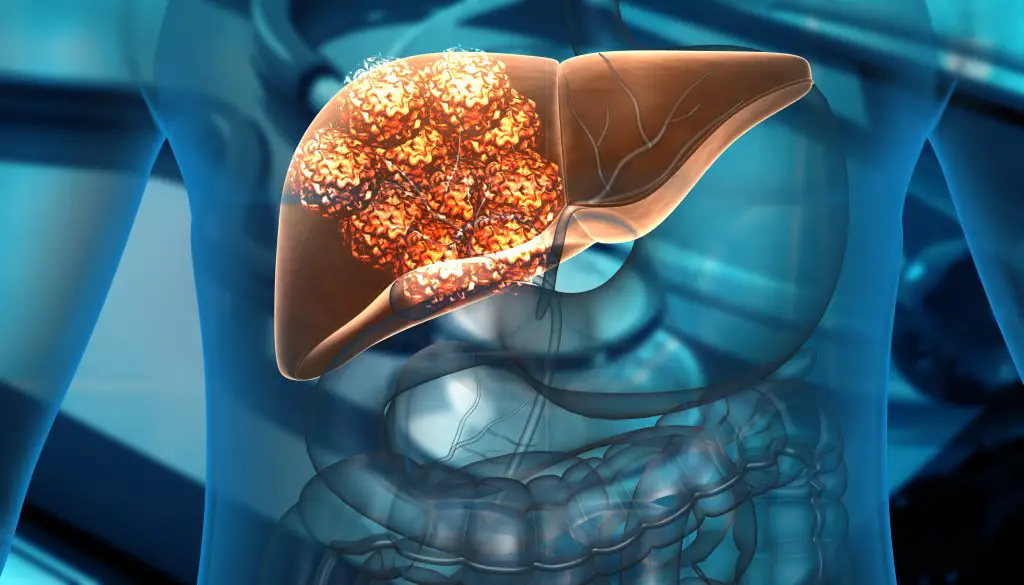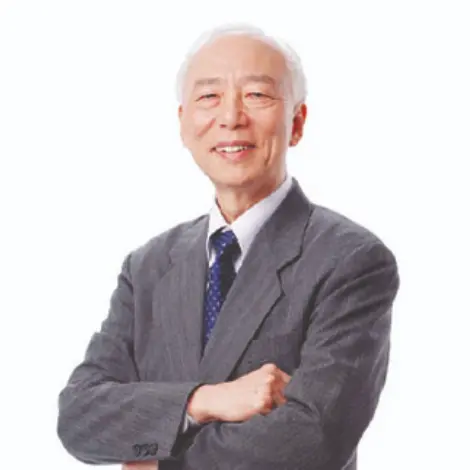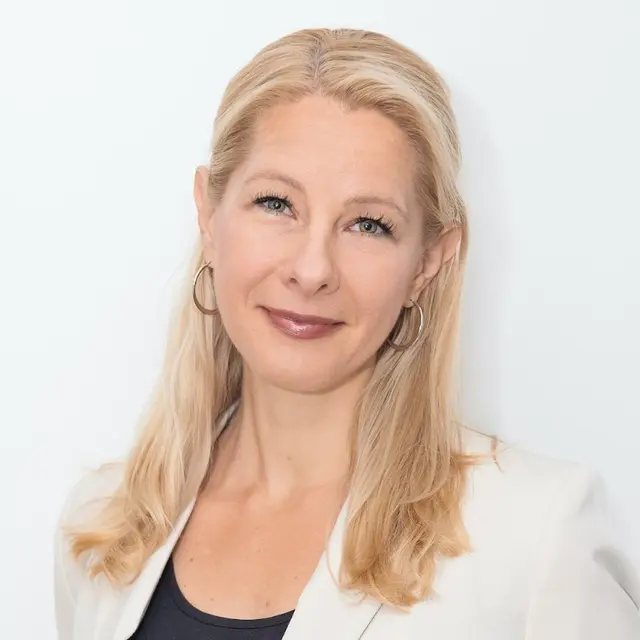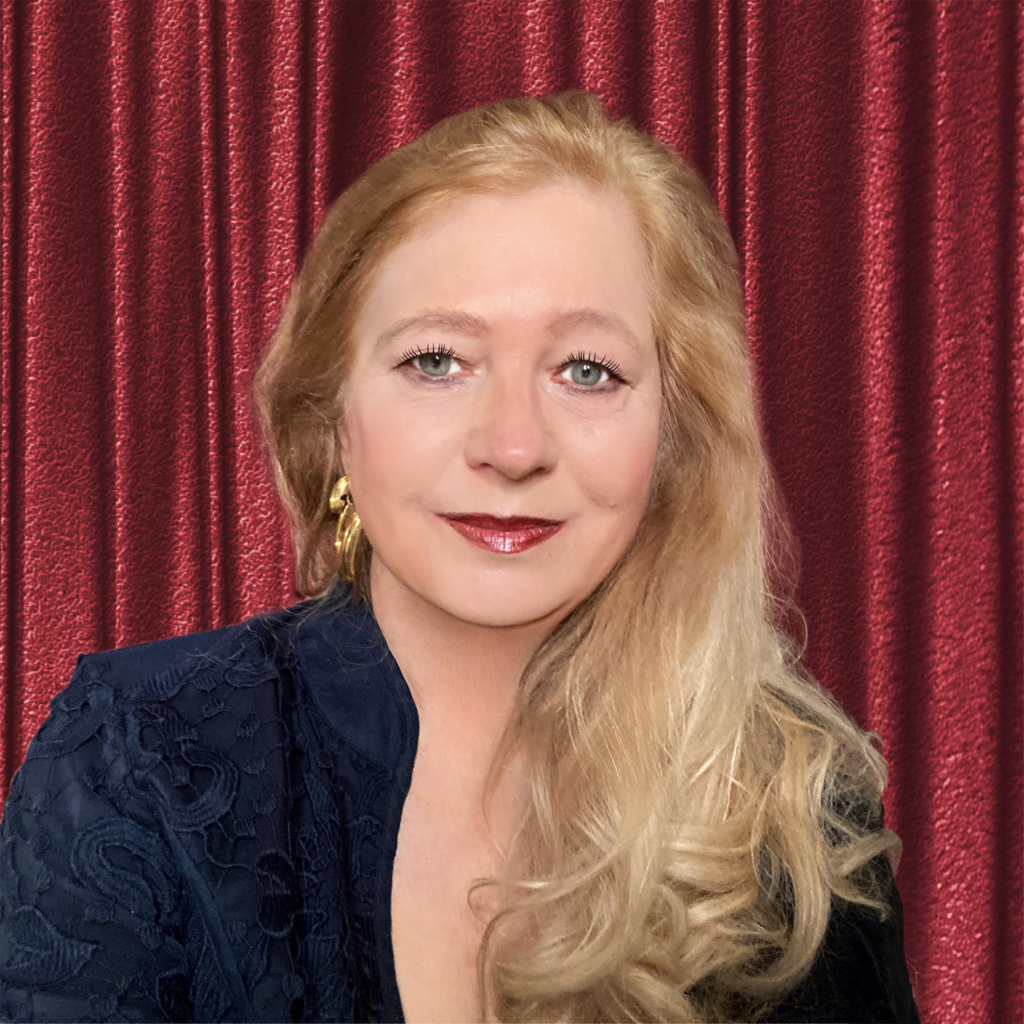Categories
Hot Insights
See All-


Studies Find Mushrooms Can Reduce Cancer Risks | Best Cancer-Fighting Foods
How can mushrooms reduce cancer risks? Mushrooms are more than just a tasty addition to your meals. They are nutritional powerhouses that provide essential vitamins, minerals, and antioxidants. Additionally, mushrooms contain compounds like polysaccharides and beta-glucans, which can have great medicinal properties, such as fighting cancer (2). Several types of mushrooms have been studied for […]
-


Best Diet for Prediabetes: Best Foods to Eat and Foods to Avoid
What is prediabetes? Prediabetes is a condition where blood sugar levels are higher than normal but not high enough to be diagnosed as type 2 diabetes (2). In this condition, the body’s cells become resistant to insulin, a hormone that regulates blood sugar levels. Consequently, this leads to an imbalance in blood sugar levels. Normal […]
-


New Screening Tool May Improve Liver Cancer Survival Rates up to 90%: Study Finds
What is hepatocellular carcinoma (HCC)? Hepatocellular carcinoma (HCC) is the most common type of cancer that comes from the liver. It occurs when the liver cells (called hepatocytes) grow uncontrollably and create a tumor. HCC is a serious condition that often develops in people with chronic liver disease, such as cirrhosis, hepatitis B or C […]
-


Does Nicotine Raise Blood Pressure? Explore The Link, Prevention Strategies, and More
Does smoking cause high blood pressure? In the short term, yes. Every time you smoke, it causes a temporary increase in blood pressure (1). Blood pressure increases when blood has difficulty traveling through the blood vessels. In simple terms, it’s like you’re in a tunnel with a lot of people, and you need to make […]
-


Back Pain After Sleep: Causes, Chiropractic Care, and Other Remedies
Back hurts after sleeping: Common causes Poor sleep habits and an unsupportive sleep environment are common culprits behind back pain after sleep (5, 6). However, underlying medical conditions like arthritis, disc herniation, and fibromyalgia can contribute to the condition. Here’s a look at the common causes. Poor sleeping position Sleeping on your stomach can force […]
Video Series
See All-



Fact Check — Kidney Misinformation Seen by Millions
-


Half the World Eats Rice Toxins Daily That Damage Kidneys
-


See How Spinach Can Damage Your Kidneys
-


Avoid These 7 Plant-Based Foods That Can Damage Your Kidneys
-


These 7 Daily Habits Can Help Lower Your Creatinine Levels | Improve Kidney Health
-


9 Skin Signs That May Indicate Your Kidneys Are Damaged
-


Surprise! Drinking Water Wrongly Can Damage Your Kidneys
-


9 Fruits to Lower Creatinine Levels and Improve Kidney Health
-


Top 9 Drinks To Help Stop Proteinuria and Heal Your Kidneys
Advisory Board
Learn more-


Dr. Hu Naiwen
Professor, the Nine Star University of Health Sciences in Sunnyvale, California Integrated medicineDr. Hu Naiwen is a highly skilled and experienced practitioner in both Western and traditional Chinese medicine. He began his academic journey studying biology at university before specializing in neuroscience and endocrinology during graduate school. Upon completing his studies, Dr. Hu worked in the field of pharmacology and conducted life science research at the prestigious Stanford Research Institute International. Upon returning to Taiwan, Dr. Hu expanded his expertise by delving into the ancient practice of acupuncture and studying the theories of Chinese medicine. This exploration led him to earn a license in traditional Chinese medicine, further enriching his understanding of healthcare and treatment methodologies. Dr. Hu's personal quest for better health led him to explore various schools of qigong, ultimately discovering Falun Gong in his late 40s. This practice not only improved his physical well-being but also enhanced his mental acuity, allowing him to better comprehend and analyze complex medical texts. Throughout his more than 30 years of medical practice, Dr. Hu Naiwen has come to appreciate the strong connection between the cultivation of one's mind and the cultivation of one's life, as well as the relationship between morality and health. By incorporating these principles into his practice, he has helped over 140,000 patients overcome a myriad of illnesses, solidifying his reputation as a dedicated and holistic healthcare professional.
-


Lauren Ann Teeter, CNS, LCSW
Certified Nutrition Specialist (CNS) Licensed Clinician (LCSW) Mindfulness, Biofeedback, Integrative & Functional Medicine Functional & Integrative Approach To Mental Health, Functional Nutrition, Functional & Integrative Medicine, Psychotherapy, Mental HealthLauren is a functional nutritionist and licensed therapist who takes an integrative and functional approach to mental health and overall wellness. Lauren has worked as a clinician, researcher, and writer in mental health and functional nutrition. Lauren takes a root cause approach to wellness— looking at the body, mind, and responses to our environment. Lauren is passionate about empowering others to become their own expert and advocate in terms of optimizing their health and well-being. Lauren has worked with those with various health conditions including digestive, metabolic, hormonal and mental health. Lauren has worked in outpatient and inpatient settings.
-


Sheridan Genrich, CGP, NP
Clinical Nutritionist, Naturopath & IridologistSheridan is a degree-qualified clinical nutritionist, naturopath & health coach who specializes in mood & digestive disorders, particularly food-related sensitivities. A certified FitGenes practitioner (nutrigenomics - interpretation of how personalised nutrition & lifestyle interventions impact genes). Also trained in Vitae Mosaic, naturopathic functional medicine. Through comprehensive anlaysis of the symptoms, timeline health history, iris assessment and functional lab results (among other tests), she can piece together the root cause of the problem, so you can gain control over your health & live with your true potential. Her local & online practice is grounded in cutting edge research on gut-brain nutritional science. Since completing a health science degree in complimentary medicine 8yrs ago, Sheridan has continued to deepen her research & use of bio-individual nutrition, herbs and the latest in functional medicine testing. This has seen significant improvements in the quality of life for her clients. Even those with long-standing chronic conditions experience rapid relief, when the biochemical imbalances or 'triggers of dysfunction' are corrected. She is a co-author on mental health of the Amazon best selling book: "Rapid Change: For Busy Heart Centered Women Who Want To Be The Best Version of Themselves"
-


Yu-Jyun Lin, RD
Nutritionist Nutrition in LifeSpan, Weight Management, Sport Nutrition, Food Safety, Healthy RecipeSandy loves cooking and exercising.In addition to being certified as a registered dietician by the Taiwan government, and a sports nutritionist by CISSN, she is also an AFAA-certified fitness dance instructor. Sandy believes that health and happiness are interdependent, which are the core of life, so she is committed to promoting disease prevention, nutritional supplementation, and health care. She has devoted herself to applying creative and innovative marketing methods to promote health concepts for governments and personal companies in a startup marketing company. The issues of the projects she joined included a balanced diet (MyPlate), obesity prevention, chronic disease prevention, dementia prevention, infant nutrition, pregnancy nutrition, sports nutrition, etc. Now she is still on her way to promoting Healthy Lifestyle and hoping everyone can achieve anything their heart desires because of having health.
-


Tatiana Denning, D.O.
Family Medicine PhysicianDr. Denning has always believed in root-cause medicine. With a focus on wellness and prevention. she has used both her medical degree and her degree in psychology, to create a program with proven results. Dr. Denning's desire to correct the underlying causes underlying cause of many chronic medical conditions has been the driving force for her focus on nutrition and weight management. With years of experience in the field, Dr. Denning has helped thousands of patients lose thousands of pounds.
-


Donna Schwontkowski, DC (retired), MS and BS Nutrition, Herbology
Clinical Nutrition, Deficiency Diseases, Heavy Metal & Environmental Toxins, Detoxification, Chiropractic Medicine, Herbal Healing Master Herbalist certification in herbs from the School of Natural Healing BS NutritionDr. Donna Schwontkowski is a retired chiropractic physician with a master’s degree in Nutrition and Herbology. She has focused her career on three primary areas: clinical nutrition, learning and memory, and health/self-improvement publications. Dr. Donna’s mission in life is to act as an intercessor for people in all three of these areas, allowing them via teaching them, working in groups with them, or mentoring them to reach their potential in health, learning and memory, and ability to transform one’s life. Dr. Donna was also a journalist for health and fitness magazines for 15 years, the editor of Sacramento, CA’s Health & Fitness Magazine, and Co-producer and host of a TV show on health for four years. She has taught hundreds of community courses on many aspects of health and natural healing to thousands of students over the years. Her accelerated learning background has also allowed her to teach thousands of college and postgraduate students science and dozens of children how to read five books in a week as well as how to learn any subject quickly, including health and science.
-


Amy Rogers, MD MPH FACPM
American Board of Preventive Medicine, Board certified in Aerospace Medicine, Occupational Medicine and General Preventive Medicine and Public Health. Preventive Medicine, Public Health, Lifestyle Medicine, Pandemic Response, Global HealthDr. Amy Rogers is a triple board certified physician by the American Board of Preventive Medicine in Aerospace, Occupational and Preventive Medicine, with two Masters in Public Health degrees. Dr. Rogers served her country dutiful for 11 year as doctor for The United States Navy, providing support in outbreak investigations, pandemic planning, global health education, and aerospace medicine. As a Navy Global Health Specialist she provided education to multiple partner countries public health medical teams across multiple continents. For the past three years, as the COVID-19 lead for Naval Forces Europe and Naval Forces Africa, she oversaw the U.S. Navy medical and logistical response across two continents and 7 medical facilities. During Preventive Medicine residency at the Uniformed Services University, she focused on Women’s Health providing award winning research on the impacts of pregnancy on physical fitness, and helping develop a curriculum in Women’s Health and Preventive Medicine. She was selected to the prestigious Delta Omega Preventive Medicine Honor Society and was co-chief resident. She also completed the American College of Lifestyle Medicine Lifestyle Core Competency Course, and earned a graduate certificate in Global Health and Development from Uniformed Services University. She is also a Fellow of the American College of Preventive Medicine. Dr. Rogers continues to see patients for the United States Navy Reserves and as a primary care provider. She is using her background in agriculture and global health to explore how different cultures, with focus on farming, natural remedies and food, impact a populations health and approach to disease management. In her free time, she is building her own farm in Vermont that will explore the medicinal properties of plants and the natural environment she was exposed to as she explored other cultures during her world travels.
-


Jordan Stachel, MS, RDN
NutritionistJordan is most fulfilled when guiding others towards making stepwise, sustainable changes that add up to big results over time. Jordan works with a wide variety of individuals, ranging in age from children to the elderly, with an assortment of concerns and clinical conditions. She helps individuals optimize overall health and/or manage disease states using personalized medical nutrition therapy techniques. It can be difficult for individuals to navigate health conditions and to discern between nutrition information that is both credible and accurate, versus misinformation and conflicting guidance. As an expert in the field, Jordan finds great fulfillment in filling this gap by providing detailed clarification and explanation by leading the discussion surrounding nutrition and wellness. Jordan looks forward to continuing to help others achieve the healthiest version of themselves, improve longevity, and be a dependable source and voice within the field of nutrition and dietetics.
-
Nigar Sofiyeva, MD, PhD Candidate
